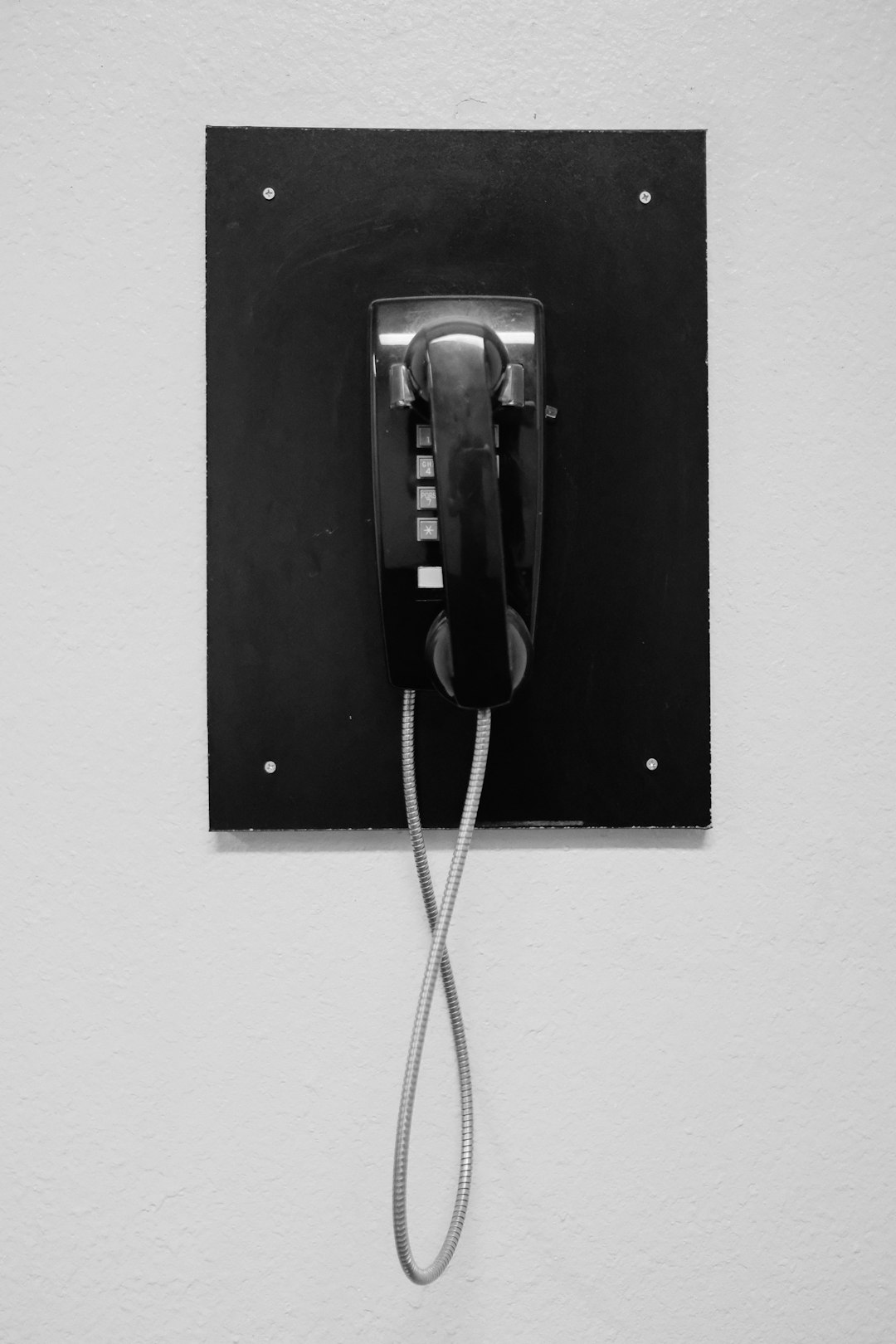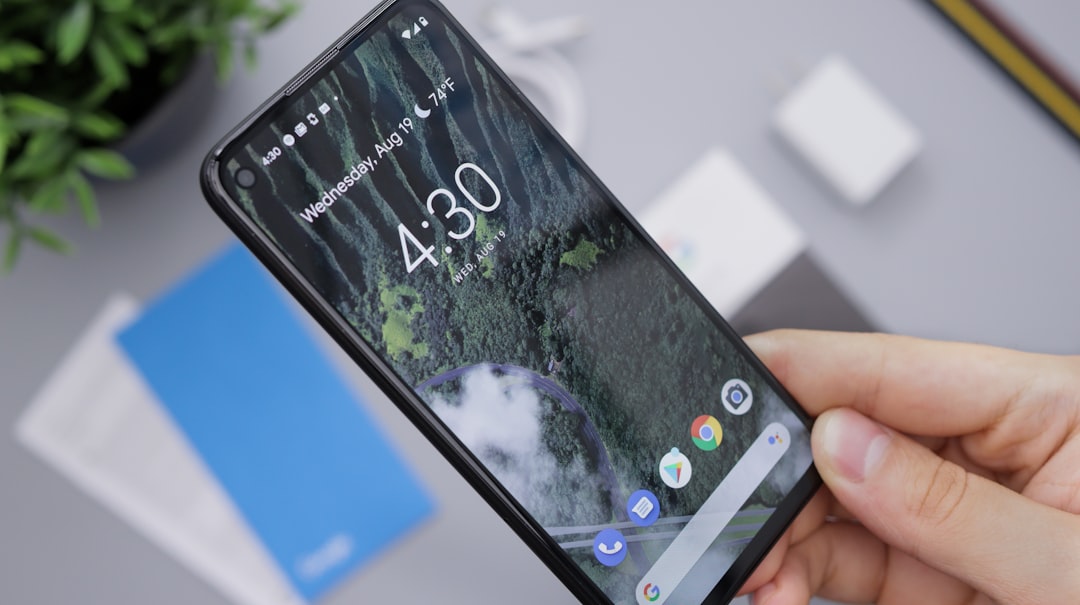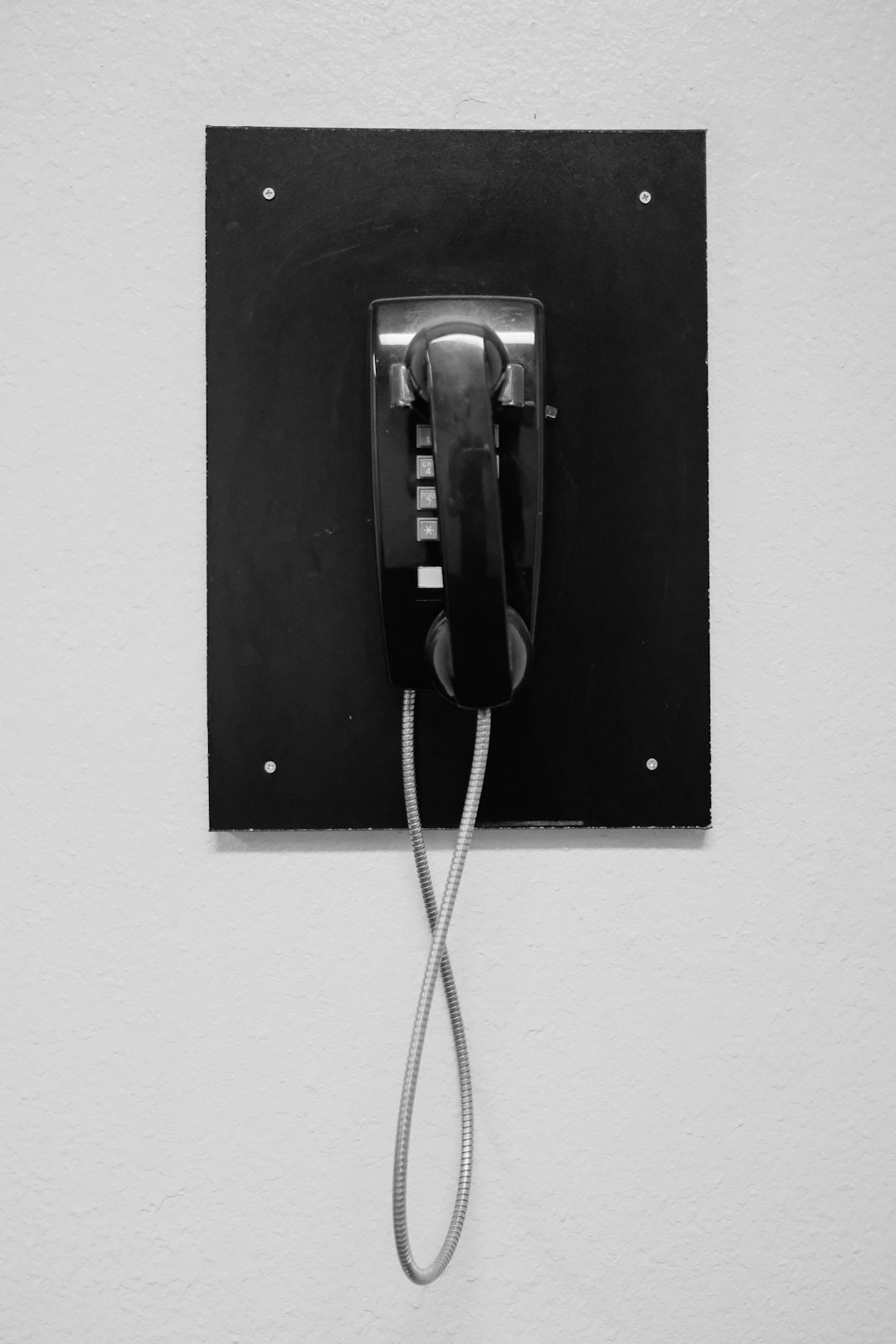Nevada's "Do Not Call" laws protect residents from excessive debt collection calls by both debt collectors and law firms, offering a break from persistent phone interactions. To register, individuals submit their phone numbers to the designated authority, after which agencies are prohibited from calling unless prior express consent is given. These protections ensure privacy, promote professionalism, and provide consumers with tranquility and control over their phone interactions, particularly regarding financial concerns. The Nevada Debt Collection Act (NDCA) enforces these rules, carrying penalties of up to $10,000 per violation and ensuring collectors validate debts before communicating with debtors. Debtors can pursue legal action for violations, upholding Nevada's commitment to consumer protection through strict Do Not Call law firms Nevada.
In Nevada, debt collection call frequency is strictly regulated by the state’s Do Not Call laws, designed to protect residents from excessive and harassing phone calls. These rules are particularly relevant for law firms engaging in debt collection activities, as they must adhere to strict guidelines regarding call timing and frequency. This article delves into the nuances of Nevada’s Do Not Call laws, explaining who is protected, how to regulate debt collection calls, and the penalties associated with non-compliance, ensuring compliance for law firms operating in this state.
Understanding Nevada's Do Not Call Laws

In Nevada, consumers have the right to protect themselves from excessive debt collection calls under the state’s Do Not Call laws. These regulations are designed to give residents a break from persistent phone calls from debt collectors and law firms in Nevada, offering them a measure of peace and privacy. The Do Not Call list is a powerful tool for Nevadans who wish to stop unwanted contact from these entities.
To register, individuals can simply submit their phone number to the state’s designated authority. Once on the list, debt collection agencies and law firms in Nevada are prohibited from calling the registered number, unless they obtain prior express consent. This means that residents can expect a significant reduction in the frequency of debt-related calls, providing an effective solution for those seeking to manage their debt without constant harassment.
Who is Protected by these Rules?

These rules are designed to protect consumers in Nevada from excessive or aggressive debt collection practices. The “Do Not Call” laws specifically target individuals, applying to both personal and business phone numbers. This means that if you have indicated that you do not wish to be contacted by a debt collector, they cannot call you under any circumstances. Law firms specializing in debt collection are also bound by these rules, including the prohibition against calling law firm numbers listed on the “Do Not Call” registry.
The protections extend to all residents of Nevada, ensuring that phone lines used for personal or business purposes are free from unwanted debt collection calls. This is particularly significant as it prevents harassment and respects individual privacy rights. By adhering to these rules, debt collectors can maintain a professional relationship with consumers, fostering trust and cooperation in the debt resolution process.
Regulating Debt Collection Calls

In Nevada, debt collection calls are regulated by the Do Not Call Law, which protects residents from excessive or harassing phone communications related to debt. This law is designed to ensure Nevadans have peace of mind and control over their phone interactions, especially when it comes to sensitive financial matters. Under this regulation, creditors and debt collectors must obtain prior written consent before calling a consumer, and there are strict rules regarding the frequency and timing of these calls.
The Do Not Call Law in Nevada prohibits automated or prerecorded calls to consumers who have not agreed to receive such calls. Moreover, it limits the number of times a debt collector can contact an individual within a 72-hour period. This regulation is crucial in preventing excessive calling, which can be intrusive and stressful for the recipients. It’s important for debt collectors to respect these rules, especially when calling law firms, to ensure they remain compliant and maintain professional standards in their practices.
Penalties and Enforcement of the Nevada Debt Collection Act

In Nevada, debt collection practices are regulated by the Nevada Debt Collection Act (NDCA), which outlines specific guidelines and restrictions to protect consumers. One of the key provisions is the “Do Not Call” law, which prohibits debt collectors from making harassing or unreasonable telephone calls to debtors. Violations of this act can result in significant penalties for collectors. Fines of up to $10,000 per violation are enforceable, and debtors have the right to seek legal recourse against persistent or abusive collection efforts.
The NDCA also mandates that debt collectors obtain validation of the debt before engaging in any communication with the debtor. This means collectors must provide proof of the debt’s existence and amount, ensuring transparency and fairness throughout the collection process. Failure to comply with these rules can lead to civil lawsuits, where debtors may recover actual damages, statutory damages of up to $1,000 per violation, and attorney fees. Such enforcement mechanisms serve as a strong deterrent against unethical debt collection practices, promoting compliance with Nevada’s consumer protection laws.






